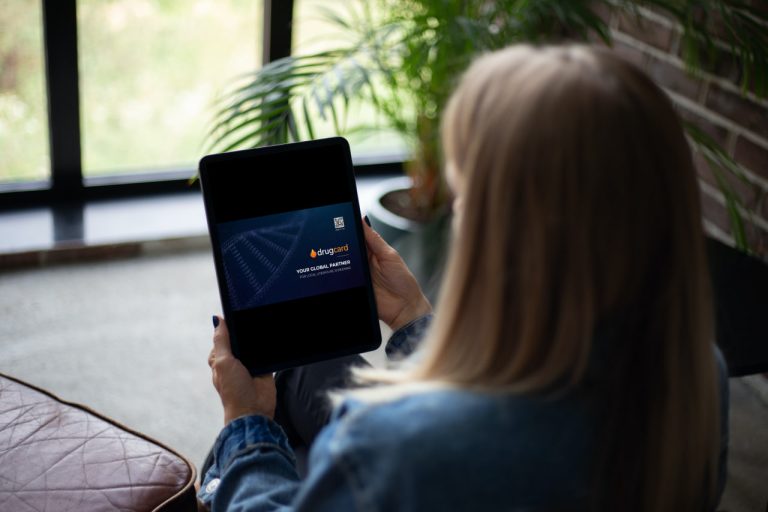5 Common Challenges in Medical Literature Screening and How to Overcome Them
- 14/03/2023
Medical literature screening is crucial to pharmacovigilance (PV) to identify potential adverse drug reactions and assess their causality. In turn, non-indexed literature can provide important information on adverse effects and drug use patterns specific to a particular region. This may include updating prescribing guidelines, issuing warnings, or recalling drugs. However, medical literature screening can be challenging due to various reasons. Here are five common challenges in medical literature screening for pharmacovigilance and how to overcome them.
Large volume of medical literature
The sheer volume of medical literature available can make screening a daunting task. With the exponential growth of scientific literature, human reviewers can’t read and assess every article related to a particular drug or therapeutic area. Some specialists may worry that monitoring the vast amount of published scientific literature will lead to overwhelming data that will be difficult to manage and analyze.
But you can develop a structured and comprehensive search strategy to identify relevant literature. This strategy can include using relevant keywords, database filters, and a systematic review approach. With technology, literature monitoring has become more accessible and more efficient. For example, PV specialists can use automated tools to search and filter literature according to specific criteria. Thus, irrelevant data is reduced, and only relevant information is analyzed.
Language barriers in the medical literature
Medical literature is published in various languages, and not all reviewers are fluent in all languages. This can lead to the possibility of missing critical information in other languages.
To solve this problem, you can use the services of an interpreter or collaborate with colleagues who speak the relevant languages. But one solution is to use machine translation to translate relevant articles into a language that reviewers know. It is much faster and more practical for pharmacovigilance.
Time and Resource Constraints
Literature monitoring can be a time-consuming process, which can lead to an overwhelming workload for pharmacovigilance professionals.
However, using advanced technology, such as automated search algorithms, can help reduce the workload associated with literature monitoring.
Publication bias in the medical literature
Publication bias occurs when only positive or significant results are published, and negative or inconclusive results are not. This can lead to an overestimation of the benefits of a drug and an underestimation of its risks.
Including non-indexed, unpublished or grey literature in the screening process is essential to overcome publication bias. This can be done by searching clinical trial registries, conference proceedings, and regulatory databases.
Fear of High Costs
Some people may worry that literature monitoring is too expensive and will increase the cost of healthcare.
Of course, the cost of literature monitoring can be high, but it is relatively small compared to the potential cost of not detecting adverse drug reactions. Early detection of ADRs can prevent patient harm, save lives, and reduce healthcare costs in the long run.
Summary for pharmacovigilance practice
Literature monitoring can be a time-consuming process, which can lead to an overwhelming workload for pharmacovigilance professionals. However, using advanced technology, such as automated search algorithms, can help reduce the workload associated with literature monitoring. Pharmacovigilance professionals should not be afraid of literature monitoring. While it may seem daunting, many tools and resources are available to help make the process more manageable. Additionally, the benefits of effective literature monitoring far outweigh any perceived challenges, as it can help to prevent harm to patients and ensure the safe and effective use of medicines. See for yourself using the DrugCard platform.



